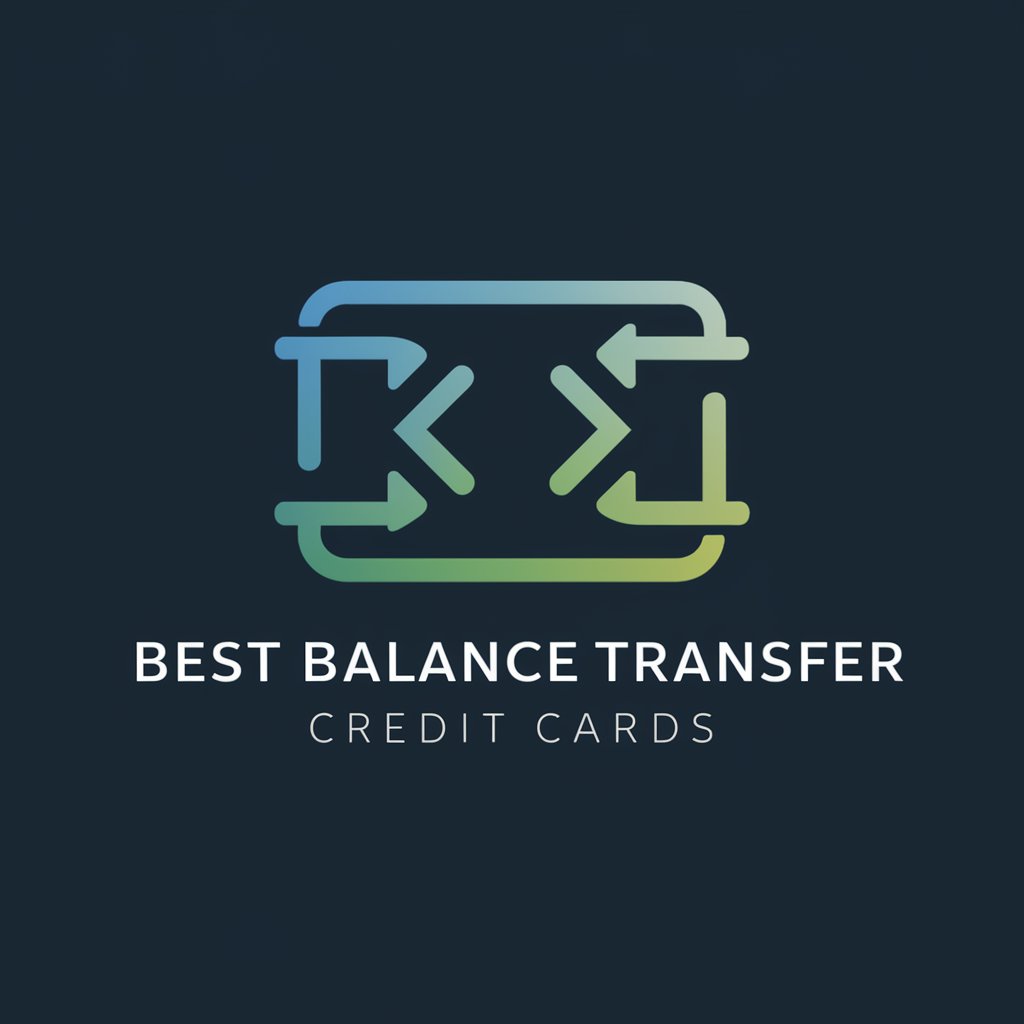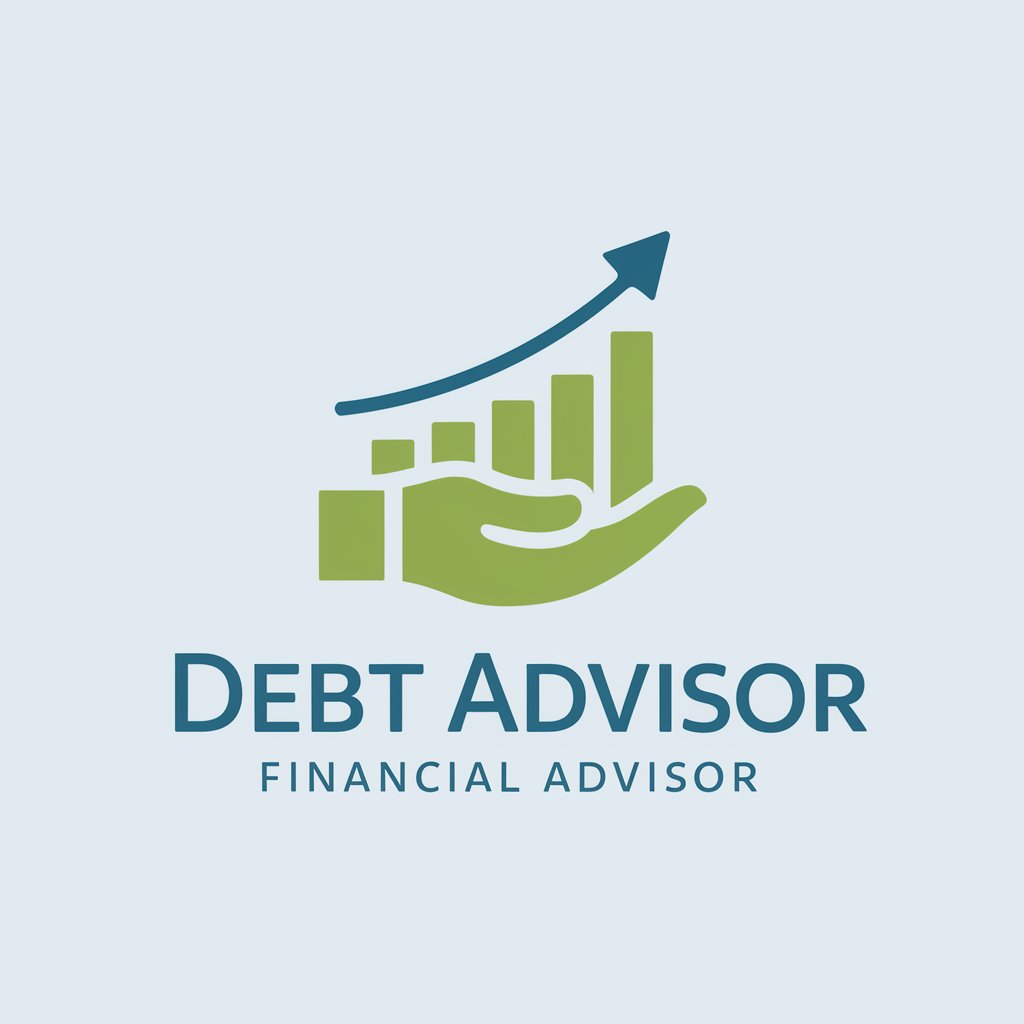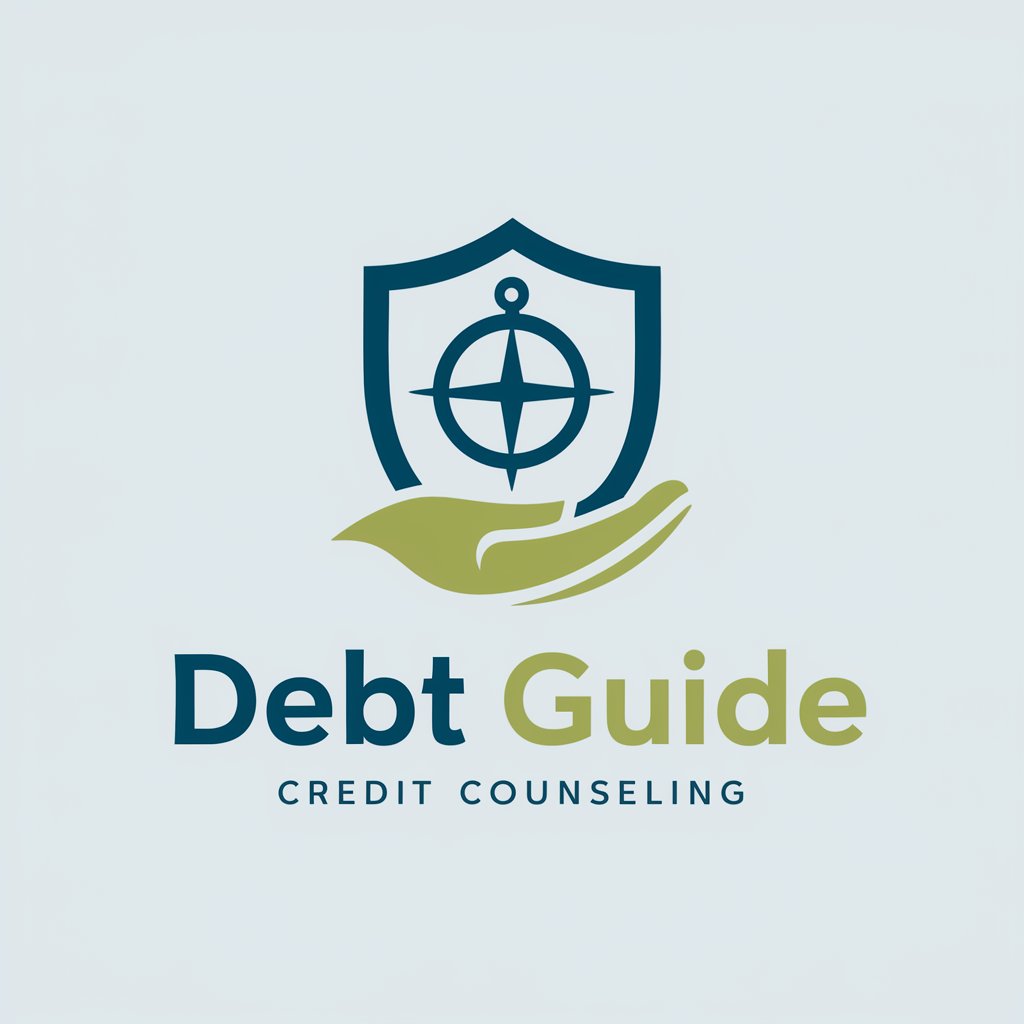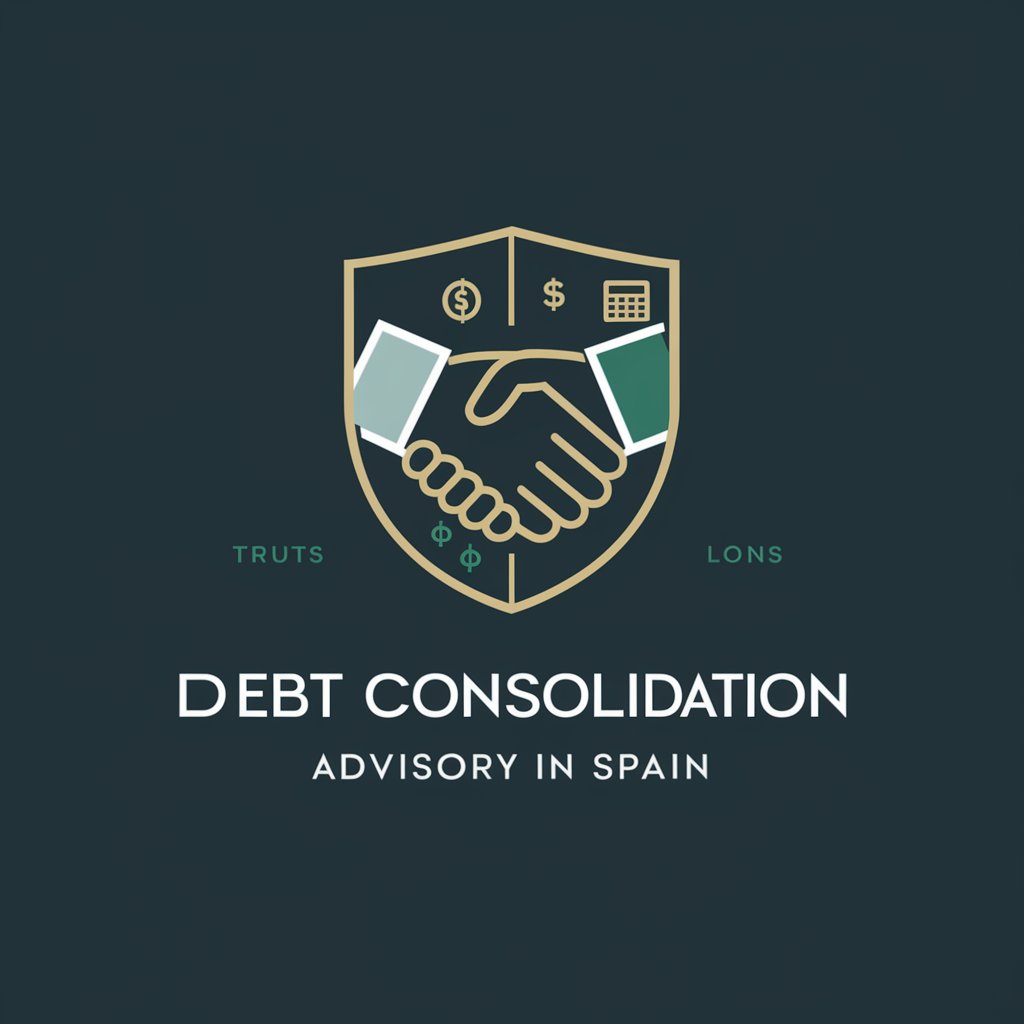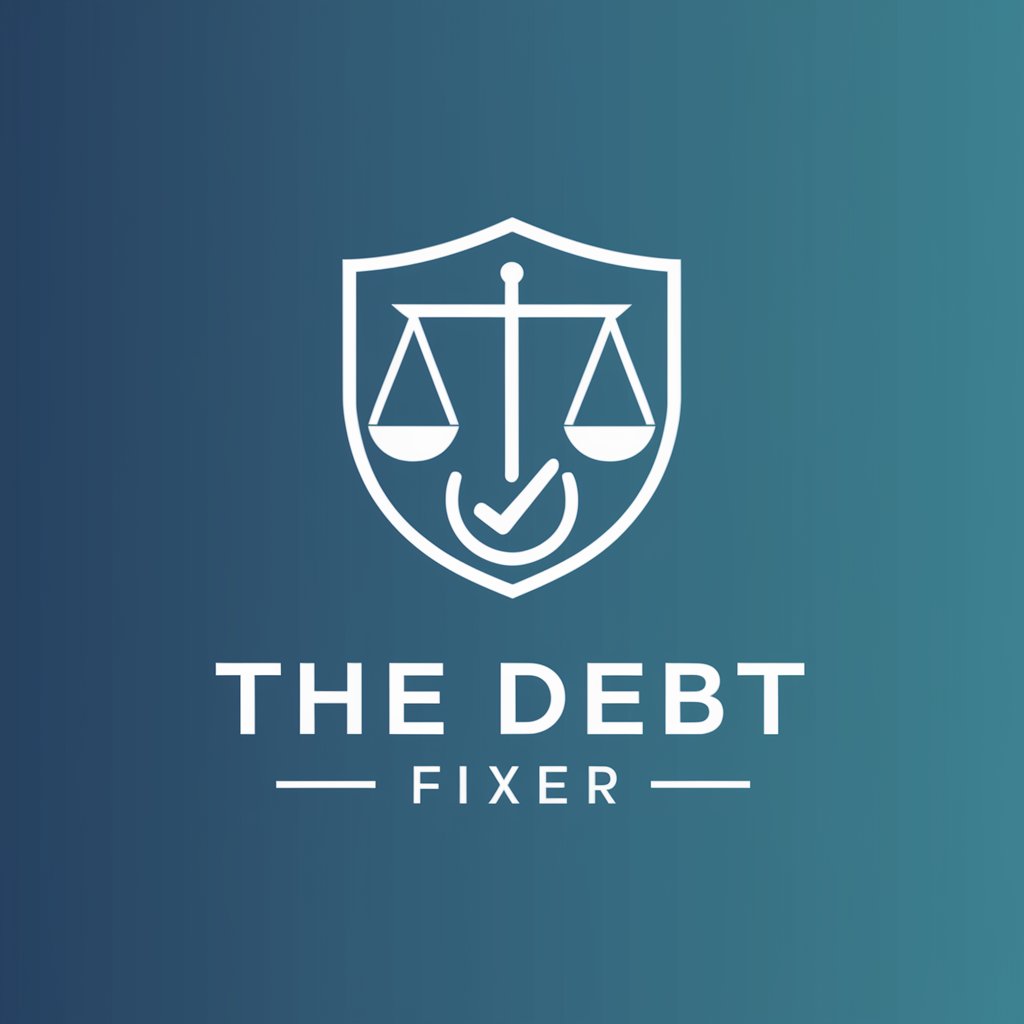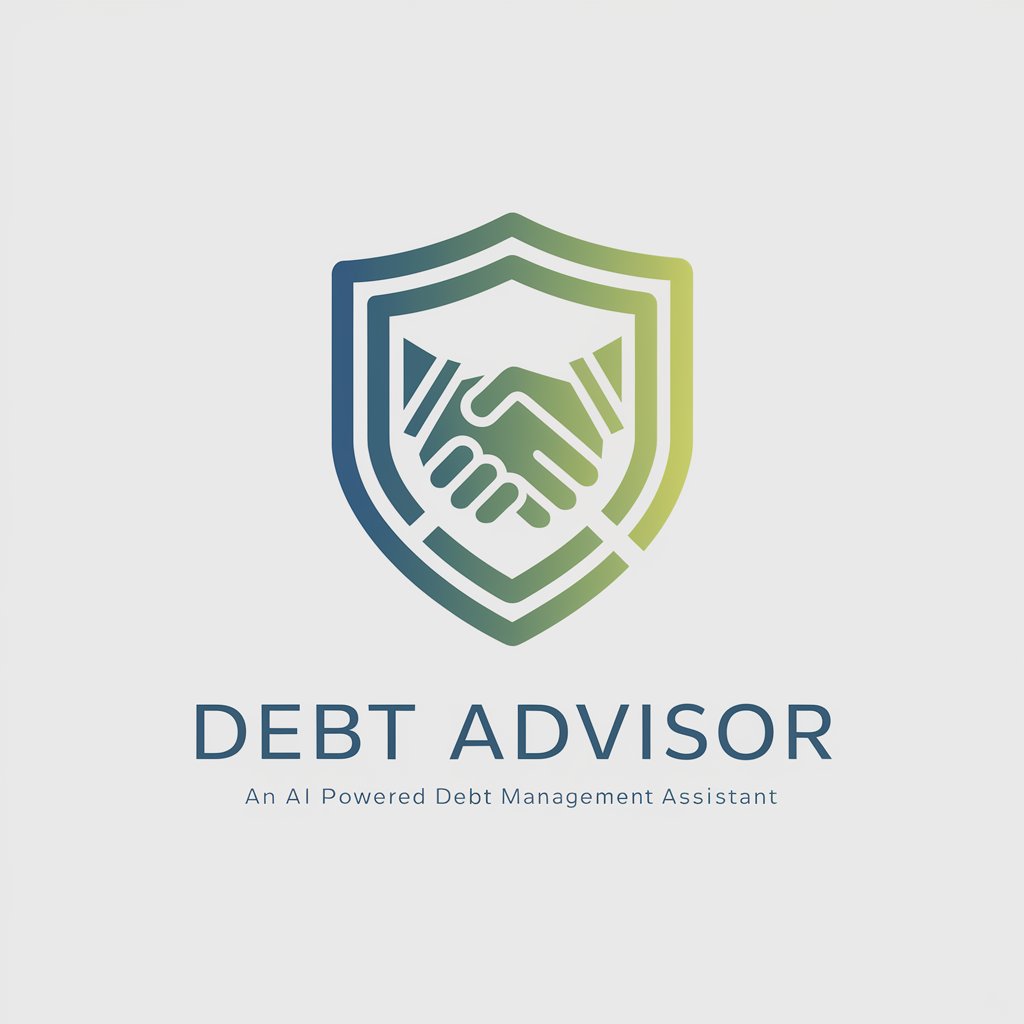
Debt Consolidation - Debt Consolidation Guide
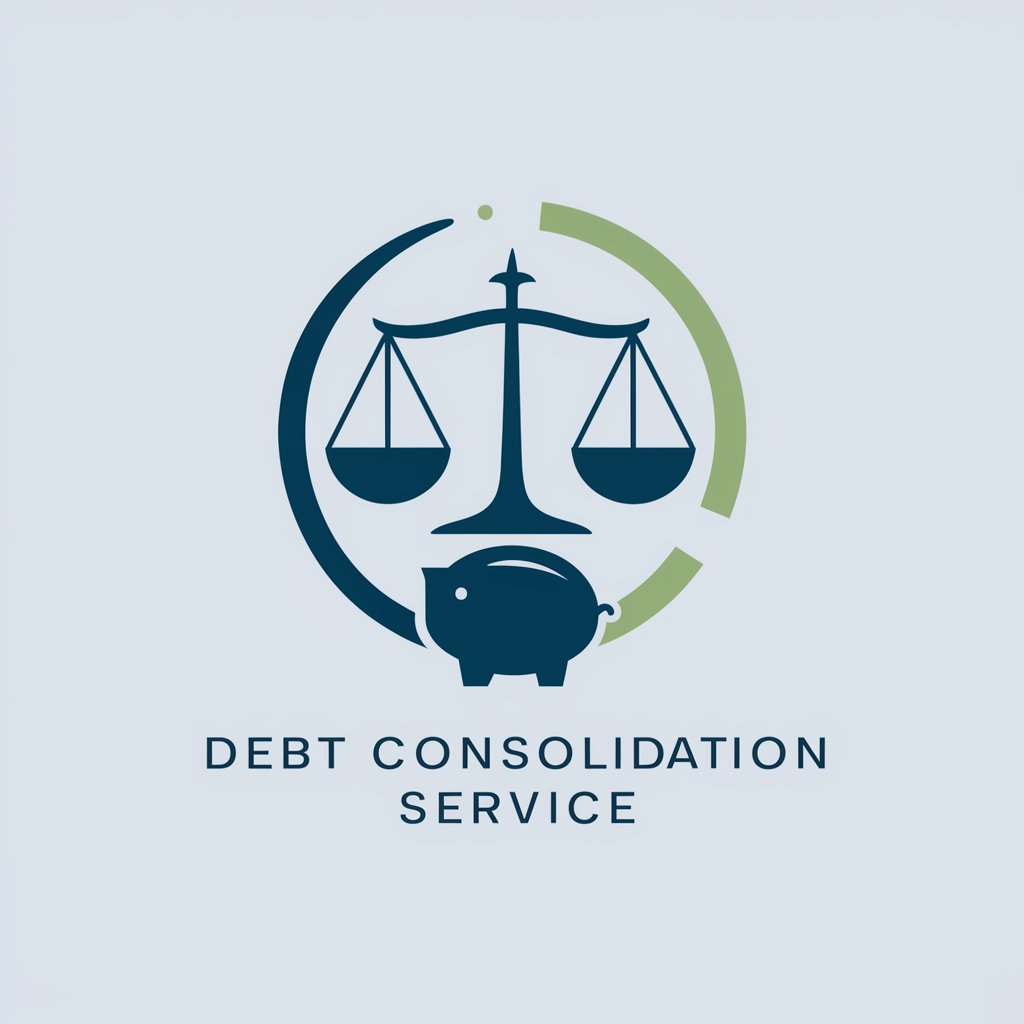
Welcome! Learn how debt consolidation can streamline your financial management.
Streamline Your Debt, Empower Your Finance
Explain the benefits of debt consolidation for managing multiple debts.
Describe the different types of debt consolidation loans available.
What are the risks and considerations when opting for debt consolidation?
How does debt consolidation impact credit scores and financial health?
Get Embed Code
Introduction to Debt Consolidation
Debt consolidation is a financial strategy used to manage and reduce the burden of multiple debts. This approach involves combining several debts into a single, larger loan with a potentially lower interest rate, simpler payment schedule, or both. The primary purpose of debt consolidation is to help individuals streamline their debt payments, potentially secure more favorable loan terms, and ultimately reduce the total interest paid over time. An example scenario where debt consolidation might be applied is an individual juggling multiple high-interest credit card debts, personal loans, and possibly other types of unsecured loans. By consolidating these into a single loan, the individual could achieve a lower overall interest rate, resulting in lower monthly payments and a clearer path to becoming debt-free. Powered by ChatGPT-4o。

Main Functions of Debt Consolidation
Streamlining Multiple Payments
Example
An individual with several credit card debts, a car loan, and a personal loan consolidates them into one loan.
Scenario
This simplifies their financial management by reducing the number of payments to keep track of, potentially reducing the chance of missed payments.
Reducing Interest Rates
Example
Consolidating high-interest credit card debts into a lower-interest personal loan or home equity loan.
Scenario
This can significantly decrease the amount of money paid in interest over the life of the debt, making it easier to pay off the principal balance faster.
Improving Credit Scores
Example
Using a debt consolidation loan to pay off revolving credit balances can lower credit utilization ratios, a key factor in credit scoring.
Scenario
This can lead to improvements in credit scores, assuming the consolidated debt is managed responsibly and payments are made on time.
Ideal Users of Debt Consolidation Services
Individuals with Multiple High-Interest Debts
People struggling to manage several high-interest debts, such as credit card debts, may benefit from consolidating these into a single, lower-interest loan. This can help reduce total interest payments and simplify monthly budgeting.
Individuals Looking to Simplify Financial Management
Those who find it challenging to keep track of multiple debt payments every month might find debt consolidation helpful for simplifying their financial management, reducing stress, and minimizing the risk of missed payments.
Individuals with Good Credit Seeking Better Terms
People with good to excellent credit scores may qualify for debt consolidation loans with significantly lower interest rates than their current debts, making it a strategic move to save money and pay off debt more quickly.

How to Use Debt Consolidation
Start Your Journey
Begin by visiting a trusted online platform offering financial tools and resources, such as yeschat.ai, for a complimentary trial that doesn't require login or subscription to premium services.
Assess Your Debt
Evaluate your current financial situation, listing all debts including interest rates and monthly payments. This will help you understand the total amount owed across different accounts.
Choose a Debt Consolidation Strategy
Select a debt consolidation method suitable for your financial situation, such as a balance transfer credit card, personal loan, or home equity loan, based on the interest rates and terms offered.
Apply for Consolidation
Once you've chosen a consolidation method, apply for the financial product. Ensure your credit score aligns with the lender's requirements to increase your chances of approval.
Consolidate and Repay
After approval, use the funds or credit available to pay off your existing debts. Then, focus on making consistent payments towards the new loan or credit card to gradually reduce your debt.
Try other advanced and practical GPTs
Checkers
Master Checkers with AI-powered insights
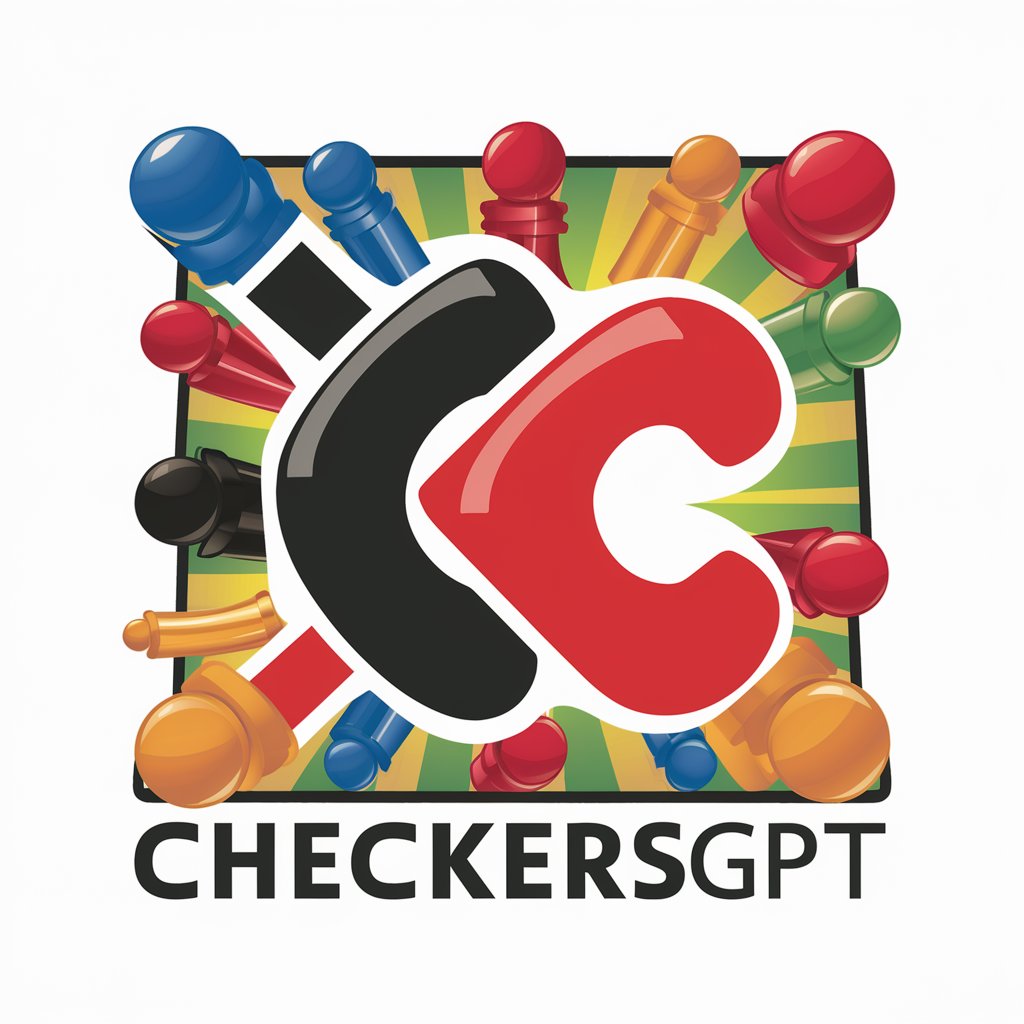
CARBON REMOVAL
Empowering Climate Action with AI

How to Win the Lottery
Boost Your Lottery Strategy with AI

GBP - Report Photo Helper
Streamline Your Google Business Profile Reports
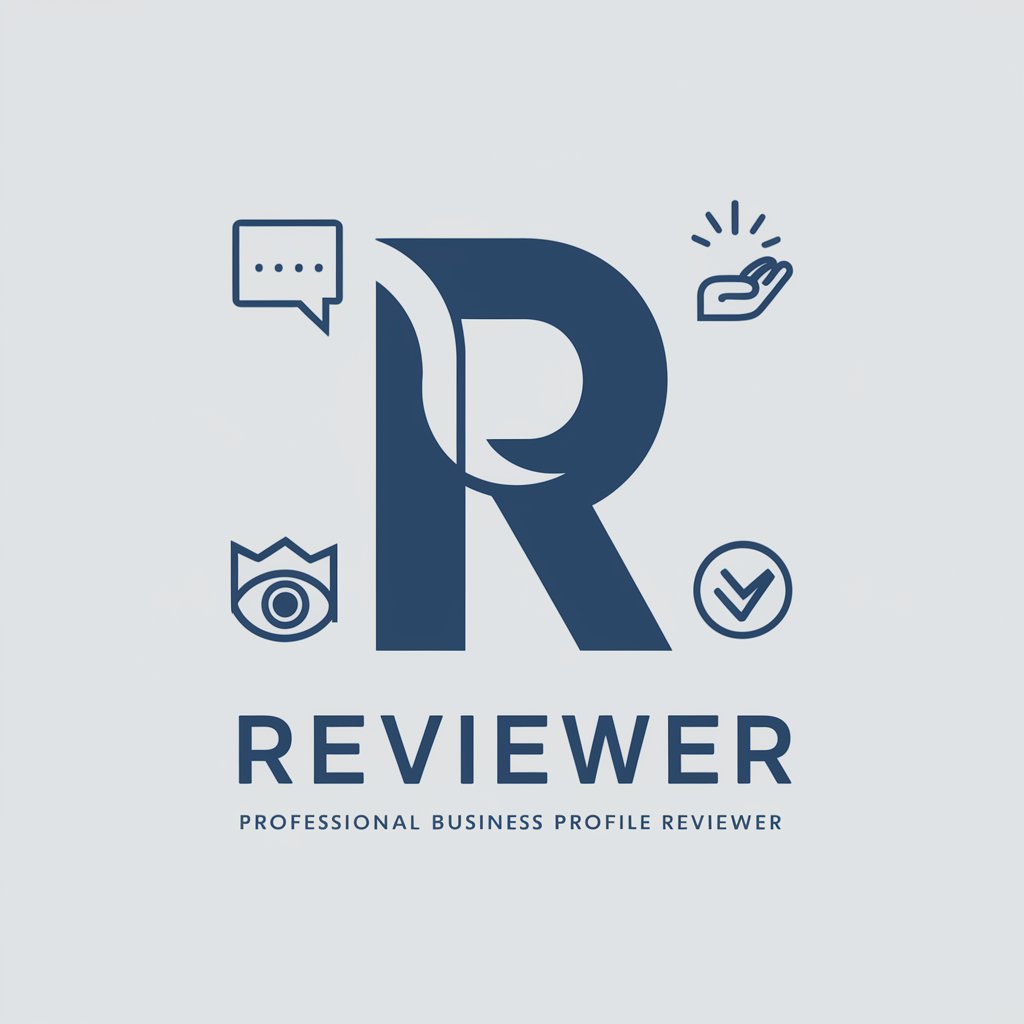
Best Sellers
Discover what's best with AI-driven insights

Best Crypto Casino Ratings 2024
Navigate crypto casinos with AI-powered precision.

Feed Store
Empowering feed choices with AI

My Vocab Teacher
Empowering English Learning with AI

KiwiWriter.ai
Elevate Your Writing with AI Power

Whats
Elevate engagement with AI-driven call-to-actions.

Corector și Editor de Texte în Limba Română
AI-powered Romanian language perfection.

HDR - AI
Empowering Decision-Making with AI

Debt Consolidation Q&A
What is debt consolidation?
Debt consolidation involves combining multiple debts into a single, larger debt with more favorable pay-off terms—such as a lower interest rate, lower monthly payment, or both. It's a strategy used to manage and reduce debt more efficiently.
How can debt consolidation affect my credit score?
Initially, debt consolidation might lower your credit score due to hard inquiries from applying for a new loan or credit card. However, over time, making consistent payments can improve your credit score by reducing your debt utilization ratio and establishing a reliable payment history.
What are the risks of debt consolidation?
Risks include potentially higher overall costs due to longer repayment terms, the temptation to use newly freed-up credit lines which can lead to further debt, and the possibility of losing collateral in secured loans if you fail to make payments.
Is debt consolidation the same as debt settlement?
No, debt consolidation involves taking out a new loan to pay off multiple debts, usually at better terms. Debt settlement is a negotiation process with creditors to pay off a debt for less than the amount owed, which can have more negative impacts on your credit score.
Who should consider debt consolidation?
Debt consolidation is best for individuals with multiple debts at high interest rates, who have a stable income and a decent credit score. It's ideal for those looking to simplify payments and reduce interest rates but requires discipline to avoid accruing new debt.
